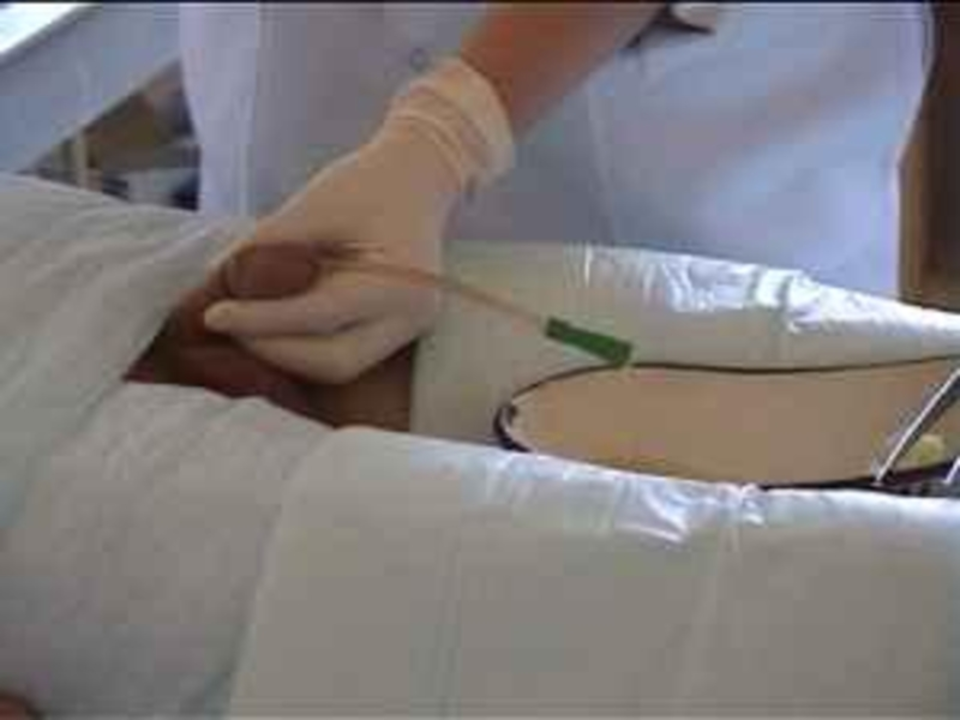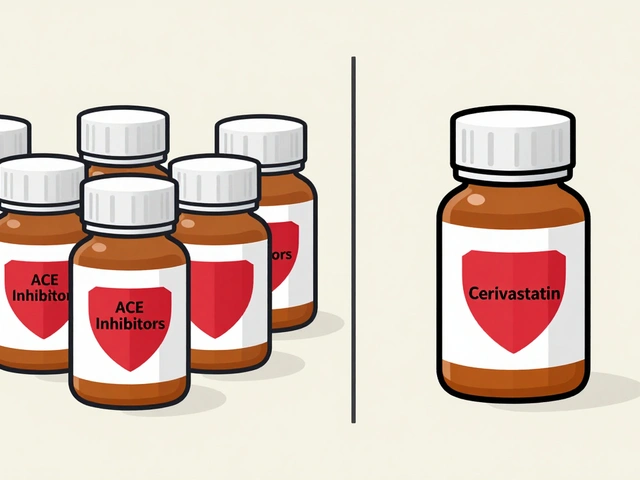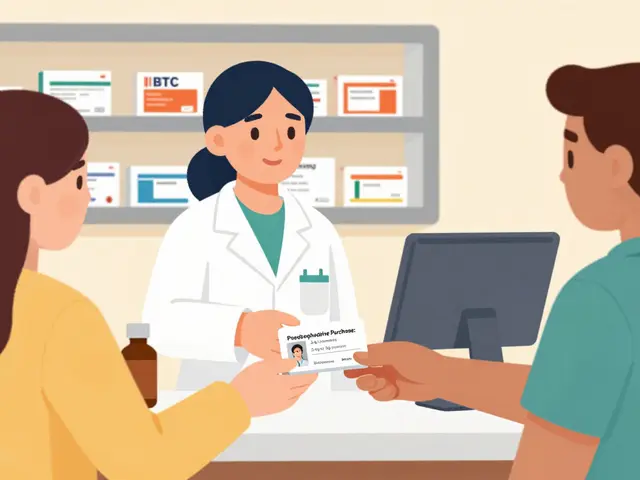Trauma: Immediate Care, Medications, and Recovery
If you or someone nearby has a serious injury, quick, clear action matters. Trauma covers everything from cuts and broken bones to head injuries and major bleeding. Below are straightforward steps you can use right away, plus what to expect from medications and follow-up care.
First steps after an injury
Stop life‑threatening problems first. Check breathing and responsiveness. Call emergency services for heavy bleeding, loss of consciousness, obvious broken bones, trouble breathing, or head injury. For major bleeding, apply direct pressure with a clean cloth; keep pressure steady until help arrives. For smaller cuts, clean with water, press to stop bleeding, and cover with a sterile bandage.
If you suspect a broken bone, immobilize the limb—don’t try to realign it. Use a makeshift splint and keep the person still and warm. For head injuries, watch for vomiting, confusion, worsening headache, or sleepiness—those need urgent attention. If a wound is deep or won’t stop bleeding, get professional care for stitches or other treatment.
Medications, blood clots, and follow-up
Pain control matters. Over‑the‑counter options like acetaminophen or ibuprofen help many injuries, but avoid ibuprofen or aspirin if the person is bleeding a lot unless a doctor says it’s okay. Prescription pain meds may be needed after major trauma—use them exactly as directed and watch for side effects.
After surgery or major injury, the risk of blood clots rises. Move early when it’s safe: short walks, ankle pumps, and leg movements help. Doctors may prescribe blood thinners or recommend compression stockings. Our article “Effective Ways to Prevent Blood Clots After Anesthesia” explains practical steps that apply to trauma recovery.
Antibiotics are not always required, but deep wounds, animal bites, or injuries with dirt or foreign material often need a prescription. Tetanus shots matter if you’re not up to date and the wound is dirty. If you see increasing redness, swelling, pus, or fever after an injury, contact a provider right away.
Mental recovery is real. Trauma can leave you shaken or anxious. If you notice flashbacks, nightmares, or mood changes lasting more than a few weeks, talk to a professional. Early help makes a big difference.
When deciding on medicines or follow-up, reliable info helps. Browse related guides on nurx.su like “How Long Should You Take Alendronate?” for treatment duration questions, or medication pages such as our Cordarone and nitrate guides for heart‑related concerns after trauma. If you’re buying meds online, read safety tips in our pharmacy guides before ordering.
Small kit to keep at home: sterile gauze, adhesive bandages, antiseptic wipes, elastic bandage, thermometer, and basic pain reliever. Learn basic first aid and keep emergency numbers handy. Quick action, sensible meds, and timely follow-up cut complications and speed recovery.






